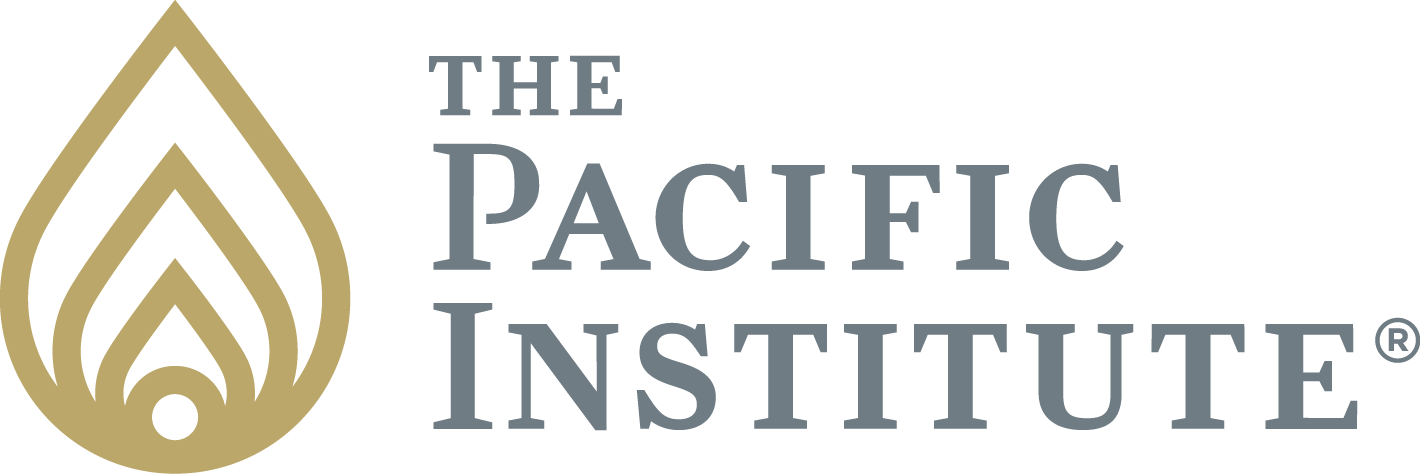The Benefits of Becoming an Emotionally Healthy Leader
Written by Mark Anthony Panciera
| April 9, 2025

Picture this: You’re an executive at a late-stage startup that has raised millions of dollars, and each month brings incredible growth. Your audience loves your product, sales are booming, and employees and investors are happy. The sky’s the limit.
Then, a new competitor steals your thunder. Growth slows, leaders scramble with strategic pivots, and while performance remains acceptable, top employees start to leave. Productivity sinks, innovation drops, and financial losses follow. What happened?
Exit interviews reveal a pattern: Employees no longer feel the CEO is an emotionally healthy leader. He often loses his cool, ignores input, and undermines positivity in the workplace, leading employees to distrust the direction of the business.
Unfortunately, not leading with emotional intelligence is a widespread and costly issue. Only 22% of leaders demonstrate real strength in this area. The good news? These skills can be developed, and the benefits extend across the entire organization.
How Empathy and Emotional Intelligence at Work Make Leaders Better
Emotional intelligence is “the ability to recognize, understand, and deal skillfully with one’s own emotions and the emotions of others,” according to Merriam-Webster. Demand for social and emotional skills in professional settings, like empathy and emotional intelligence at work, is expected to grow 26% in the U.S. by 2030.
These skills are must-haves for becoming an emotionally healthy leader, and the foundation of building trusting, positive relationships that increase productivity and contribute to a better bottom line. They’re often the difference-maker between a leader who people want to follow and a manager or director who simply checks whether work is being completed.
An emotionally intelligent leader makes sound, rational decisions because they act calmly, maintain focus, and use natural or learned emotional regulation strategies. They also have tremendous self-awareness as a leader and a firm grasp on their strengths and weaknesses, which enables more effective collaboration.
An emotionally healthy leader also tends to have better mental wellbeing and be more resilient. One study showed that individuals with high emotional intelligence were 25% less likely to have anxiety and 30% less likely to experience depression than those with lower emotional intelligence. If that weren’t enough, another study showed that these individuals’ salaries are higher. By modeling strong emotional intelligence and creating a culture that encourages and helps develop it, an emotionally intelligent leader and members of their team hold the potential to make $29,000 more per year than people without these skills.
What Leading With Emotional Intelligence Means to Your Team
High performers gravitate toward an emotionally healthy leader because they set the tone for success. Companies with these leaders often share key differentiators:
-
Accountability is expected. Leaders with emotional intelligence respond calmly and meaningfully to criticism, admit mistakes, adjust their thinking and strategies when necessary, and demand the same from others. Teams avoid blame-shifting and stagnation.
-
Teamwork and selflessness guide operations. Demonstrating self-awareness as a leader includes asking for help, hiring people with strengths you don’t have, and sharing or delegating tasks. Leading with emotional intelligence creates a culture that thrives on teamwork and elevates the best ideas.
-
There’s civility in the workplace. Workplace tension is inevitable. But with 44% of U.S. workers believing incivility will increase at work this year, according to the Society for Human Resource Management, companies that emphasize conflict resolution as a leader are more likely to maintain a respectful workplace. An emotionally intelligent leader uses patience, empathy, and active listening to prevent or de-escalate issues. And with a quarter of the workers in SHRM’s survey prepared to leave their jobs over a lack of civility in the workplace, conflict resolution as a leader can help improve employee retention.
-
Inclusivity is prioritized. An emotionally healthy leader values multiple perspectives and understands that diverse workforces bolster creativity and innovation. Encouraging the open sharing of ideas and feedback promotes positivity in the workplace that prevents a culture of fear, and it leads to higher levels of engagement and satisfaction as well as the recruitment of top talent.
-
Employees are consistently recognized. More than 75% of workers surveyed by Nectar said they’d be more productive if they were recognized more frequently. People who lead with empathy and emotional intelligence at work make recognition habitual, supporting employee engagement and a stronger growth mindset.
-
Resilience sees the company through turbulence. An emotionally intelligent leader uses emotional regulation strategies to stay steady through mergers, acquisitions, market shifts, or major strategy changes. They help maintain positivity in the workplace even during uncertainty.
4 Emotional Regulation Strategies for Better Leader Development
Developing into an emotionally healthy leader is possible for anyone. These accessible emotional regulation strategies help cultivate emotional intelligence:
1. Start with building keener self-awareness
Self-awareness as a leader is complex: You must be aware of your strengths and weaknesses as well as what you’re feeling and expressing in the moment with your tone and body language. Not having a handle on any of these things may affect the motivation and productivity of your peers and subordinates.
Practice naming your emotions and evaluating whether they serve your goals. Seek feedback from colleagues to identify opportunities for growth.
2. Practice empathy for others
Improving empathy and emotional intelligence at work starts with understanding others’ perspectives. Ask thoughtful questions, listen actively, validate experiences, and offer supportive solutions. Follow up to reinforce trust and foster a culture that supports mental health and wellbeing.
3. Control your emotions with mindfulness
Even an emotionally healthy leader experiences stress and negativity. Mindfulness practices, such as breathing exercises or grounding yourself in the moment, help you pause, regulate emotions, and respond instead of reacting.
4. Prioritize constructive communication
Leading with emotional intelligence requires pausing before responding, considering opposing viewpoints, and practicing respectful dialogue. Constructive communication improves problem-solving, supports trust, and strengthens team relationships.
Leaders also build credibility when they acknowledge their own missteps on the journey to becoming an emotionally intelligent leader.
Mastering the Mindset of an Emotionally Healthy Leader
With all that leaders must juggle, from inspiring productivity and positivity in the workplace to navigating conflict resolution as a leader, developing a healthy, resilient mindset is crucial.
At The Pacific Institute, we help leaders uncover the beliefs, habits, and patterns that hold them back and teach them the tools to become the emotionally healthy leader they aspire to be.
To explore our solutions and which ones might be right for you, speak to a member of The Pacific Institute team today.




